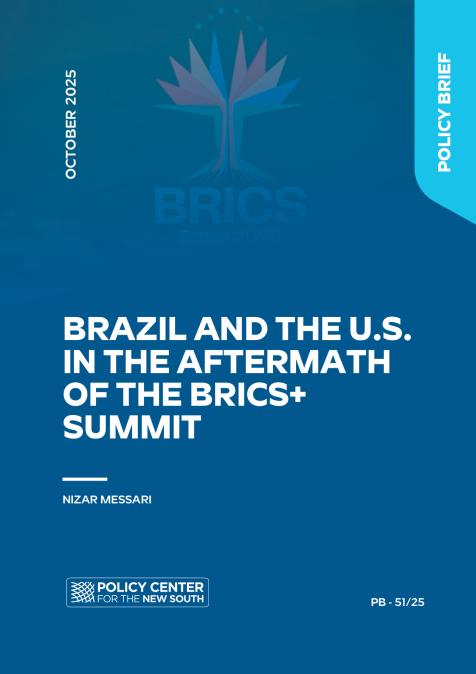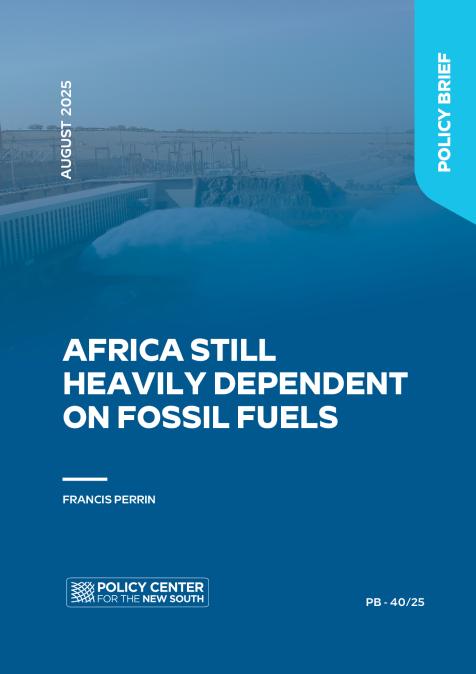Podcasts
Diaspora bonds: An innovative source of financing?
Related topics:
The African continent is currently facing the challenge of attracting significant investments in crucial sectors such as energy, agriculture, infrastructure, and health. However, access to finance remains a major obstacle. The focus is on exploring advanced financial solutions such as fintech technologies, public-private partnerships, and green financial instruments, which not only offer promising opportunities to overcome these obstacles but also instill hope for sustainable growth. The discussion begins by defining "innovative financial solutions" within the context of sustainable development and explaining why these solutions are crucial for Africa today. The conversation addresses the current financing gaps and examines how innovative approaches can help bridge them, ensuring Africa's economic prosperity.










